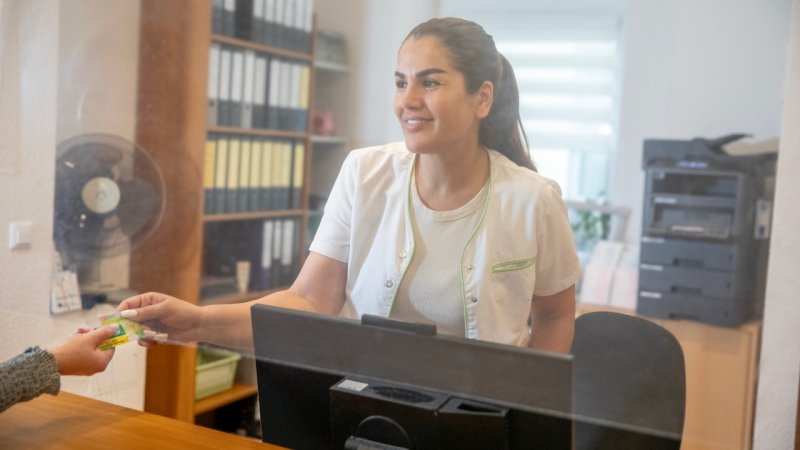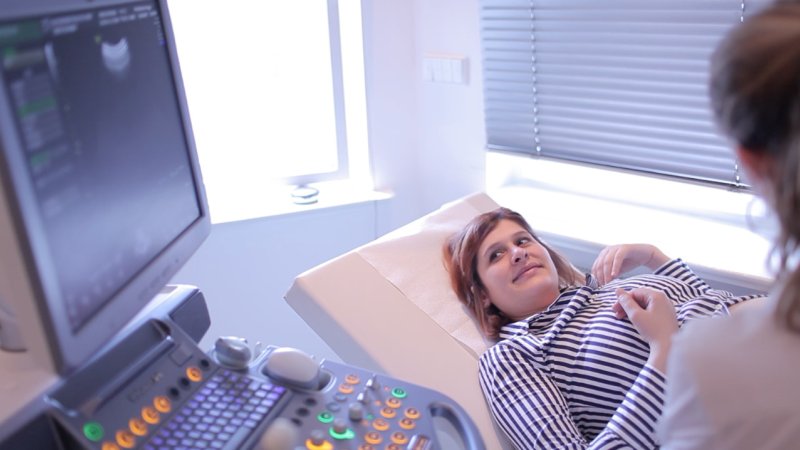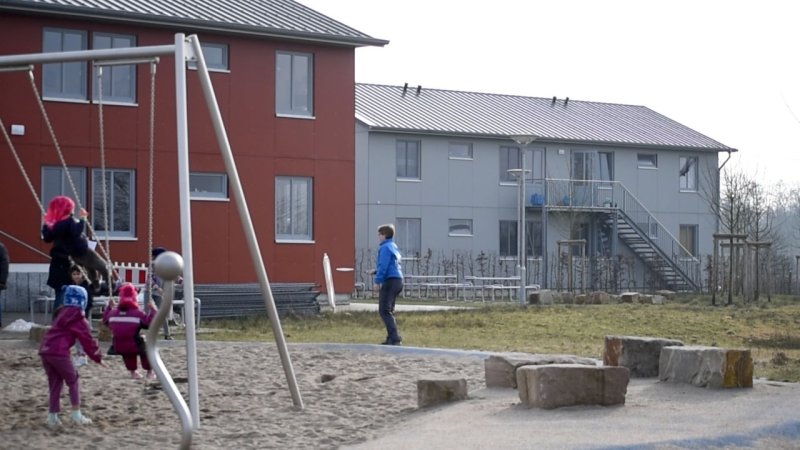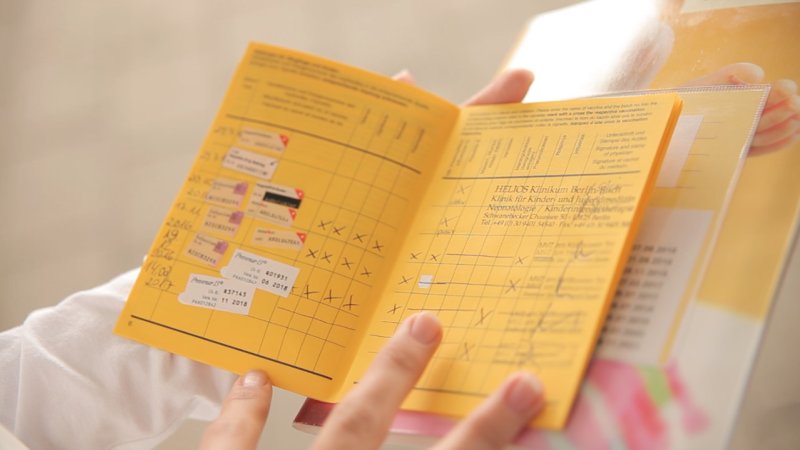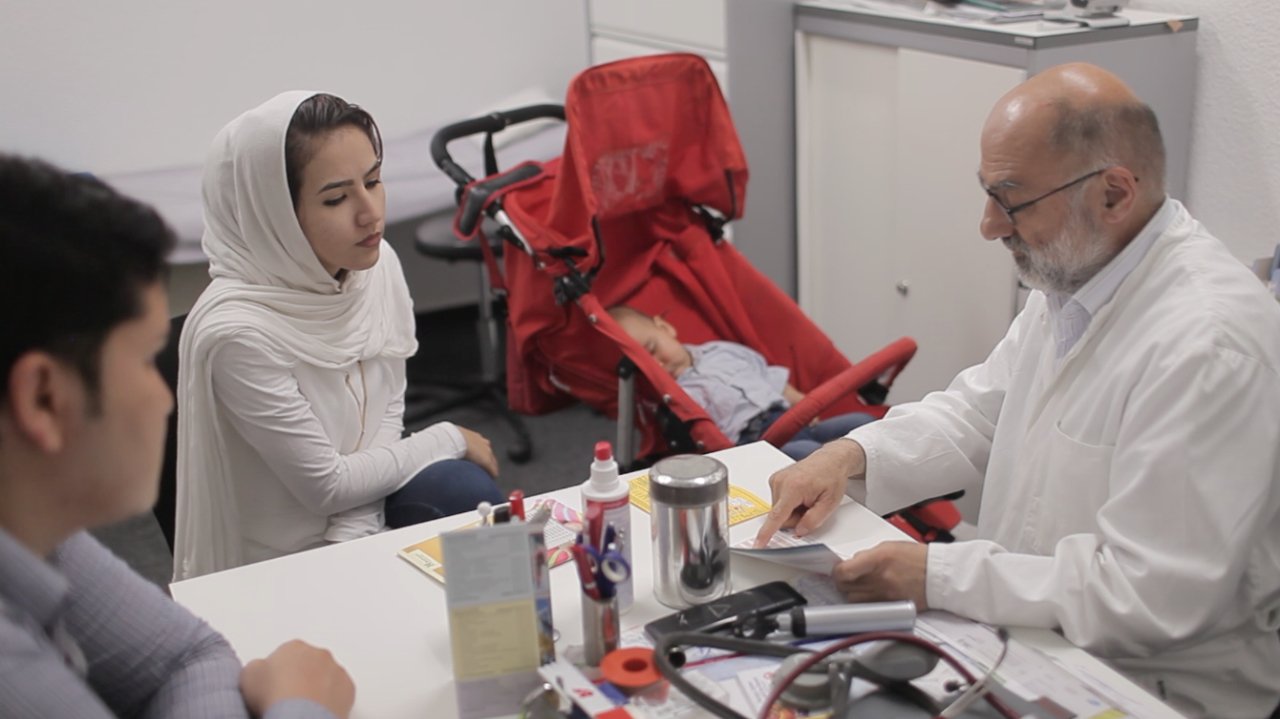
Everyone has the right to primary medical care in Germany. However, the extent of healthcare services and medical treatment you are entitled to depend on your residence status and the duration of your stay in Germany.
Refugees who have a residence permit usually join a health insurance scheme and are therefore entitled to all regular services their health insurance company provides. You can read more about the German health insurance schemes in our chapter "Health insurance".
Refugees who receive benefits - according to the Asylum Seekers' Benefits Act ("Asylbewerberleistungsgesetz")- are also provided with healthcare services. But based on the law mentioned, the scope of medical services provided to them is somewhat limited and access to healthcare is usually passed through the relevant authorities. If your asylum procedure is still ongoing or in case you have a tolerated stay ("Duldung") or have been issued a border crossing certificate ("Grenzübertrittsbescheinigung"), you belong to this group. Asylum seekers who are included in this group are divided into two subgroups based on the length of their presence in Germany:
- People who have been in Germany for less than 36 months, and
- People who have been in Germany for more than 36 months.
Please note: A revision of the Asylum Seekers Benefits Act in February 2024 increased the period mentioned above from 18 months to 36 months. However, if you had already been in Germany for 18 months before the new regulation was introduced, you are protected by a so-called “Bestandsschutz” or “Grandfather clause”– that means you do not have to wait 36 months to receive the benefits of statutory health insurance.
Asylum seekers and individuals with "Duldung" who have been in Germany for less than 36 months are only entitled to emergency healthcare. This means that they are only medically treated in cases of acute illnesses. The costs of treatment for chronic diseases are often not taken over by the state. Pregnant women are considered as exceptions - they can benefit from all medical services necessary during pregnancy and childbirth in Germany. In addition, everyone, including asylum seekers, has the possibility to get vaccinated in Germany.
If you have been in Germany for less than 36 months, you will usually need to apply for a voucher ("Krankenschein") from the competent authority before each visit to the doctor. This means that you either receive a few vouchers from your initial reception centre (or the staff member responsible for you at the Social Welfare Office) every three months, or each time you need to see a doctor, you must first pick up a voucher from them. Please keep in mind that these vouchers are only valid for three months. At the end of these three months, you will have to obtain new vouchers to visit a doctor.
Instead of "Krankenschein" (which can be bureaucratically complicated to issue) some federal states and cities distribute so-called Health Cards for asylum seekers and individuals with a "Duldung" (i.e. "Gesundheitkarten an Asylbewerber un Geduldete"). Holding such a card means you can go directly to the doctor without first stopping by the authorities. But here, too, you are only entitled to emergency treatments. The main advantage of the Health Card is that it decreases the amount of bureaucratic work necessary for all concerned.
You usually can collect the medicines that doctors prescribe for you from any pharmacy. In principle, you do not have to pay for your medications- you just need to hand in your prescription and receive the articles - the pharmacy will be reimbursed by the Social Welfare Office. You can search for a pharmacy nearby at www.aponet.de.
In certain cases, you can also receive physiotherapy or aids such as orthoses. However, you need the approval of the Social Welfare Office for it. Even if hospitalisation is necessary, the social welfare office must approve it in advance. However, such an approval is not needed in the case of an emergency.
The asylum seekers and individuals with a tolerated stay ("Duldung") who have been in Germany for more than 36 months or individuals with a so-called “Bestandsschutz” or “Grandfather clause”– are issued a so-called "Health Card for Refugees" ("Gesundheitskarte für Flüchtlinge") in Germany. With this card, you can directly access medical care without going through the authorities and obtaining vouchers. If you belong to this group, you are entitled to all the regular services of the statutory health insurance, except the long-term care insurance ("Pflegeversicherung"). There are now also statutory co-payments for certain services under the statutory health insurance.
Despite this fact, you are not an official member of statutory health insurance but are only under their supervision and care and the health insurance company is reimbursed by the state for the services they provide you. As an asylum seeker, you are free to choose a statutory health insurance company. Visit our "Health Insurance" chapter to learn which statutory health insurance schemes exist and find out more about the benefits and services to which you are entitled. The authorities will complete the registration process for you.
Please note: The "Health Card for Refugees" ("Gesundheitskarte für Flüchtlinge") looks just like a normal health insurance card - except for one difference: on the back of a Health Card for Refugees, the title "European Health Insurance Card" (EHIC) is not specified. The data stored inside this card also differs from the data stored in a regular German insurances card. The Health Card for Refugees has a specific mark so that the doctor will know the cardholder is not a regular member of the insurance company.
After your arrival in Germany, you will first be accommodated in an initial reception centre ("Erstaufnahmeeinrichtung"). There, in principle, a preliminary medical examination takes place and acute illnesses are treated immediately. So if you feel unwell, you can talk to a staff member directly.
Later, you can go to any doctor - except for those who only treats private patients. Some doctors only accept patients who are members of private health insurance companies, and these patients pay the associated fees directly to the doctor. Since you do not have private insurance, you have to look for doctors who treat people with statutory health insurance (“Kassenpatient*innen”).
You can search for a doctor in your area on the website of the German Medical Association. If you first click on your state and then on "Advanced Search" ("Erweitere Suche"), you can also search for a doctor who speaks your language. If you cannot find a doctor who speaks your language, you will need an interpreter. Ask an employee at your initial accommodation centre or staff at a counselling centre for help if you could not find an interpreter. You can search for a counselling centre in your area, for instance, on the website of the National Refugee Councils.
There is also a basic medical vocabulary list on the Internet for the first visit, so you can tell the doctor what symptoms you have. Names of different body parts and common diseases are also listed on the same page.
Asylum seekers and those who have a tolerated stay ("Duldung") can apply to the Social Welfare Office for the costs of their psychiatric therapy to be taken over. If you would like to do so, seek help from a social worker at your accommodation centre or the staff at a counselling centre. You can find a counselling centre in your area, for instance, on the website of the National Refugee Councils. The applications which are not rejected immediately will be evaluated and assessed by a doctor appointed by the Social Welfare Office. Keep in mind that these applications are often denied because the authorities do not want to take over the costs of therapies for people with uncertain residence status in Germany. That is why some particular treatment centres offer free psychological care for refugees. But, unfortunately, it is quite difficult to find a free spot in one of these treatment centres because there are too few of them. You can find the addresses and contact information of these specific centres on the website of the Federal Association of Psychosocial Centres for Refugees and Torture Victims.
Even if you do not have valid papers, according to the Asylum Seekers Benefits Act, in principle, you are entitled to medical care for acute illnesses. To benefit from this regulation, you have to obtain a voucher ("Krankenschein") from the Social Welfare Office in advance - without such a voucher, the doctor cannot treat you. The Social Welfare Office will then also inform the Immigration Office about your visit.
There are, however, some organisations which provide medical service to people who do not have papers anonymously. Their service is free, and the Social Welfare Office or the Immigration Office will not be notified about your visit. On gesundheit-ein-menschenrecht.de, you can find one of these organisation nearby. Furthermore, you can search for anonymous medical assistance nearby on the website of Malteser and the Medibüros.
Please note: Hospitals are not allowed to share your data with other individuals or authorities. So do not hesitate to visit a hospital or call an ambulance in case of an emergency.
In acute medical emergencies, you can call the emergency services at 112 (in German). The call is free of charge. You can also go to the emergency reception at any hospital, but keep in mind that you may have to wait for a long time.
If a person shows symptoms of poisoning, you can search for a Poisoning Emergency Center ("Giftnotrufzentrale") nearby at kindergesundheit-info.de- they are available days and nights.
If you want to buy medicine outside regular opening hours, you will need to go to an emergency pharmacy ("Notapotheke"). On aponet.de, you can search for the nearest emergency pharmacy.
Doctors are not permitted to disclose any information about you to other people or authorities without your consent. This rule is called medical confidentiality or "ärztliche Schweigepflicht".
Here you can find multilingual, illustrated information about body parts, common illnesses and symptoms - you can use it to better communicate with your doctor.
Here you will find a detailed guide regarding healthcare for asylum seekers in Germany in many languages.
Here you can learn all about the healthcare system in Germany.
The ministry of health offers useful information on different health-related issues in 40 languages.
Where can I get medicines? What does it cost me? Find the answers here in 12 different languages.
SEGEMI provides immigrant and refugee adults and children with psychological counselling free of charge. They use the help of interpreters to make sure the language barrier doesn't prevent anyone from getting help.
BAfF e. V. has 47 psychosocial centres that are committed to providing the medical, psychotherapeutic and psychosocial care and rehabilitation much needed by victims of torture and other serious violations of human rights.
This association provides health care for people in Germany who do not have health insurance, including those without papers.
You can read more about healthcare services for asylum seekers on the website of the Consumers' Protection Centre.
